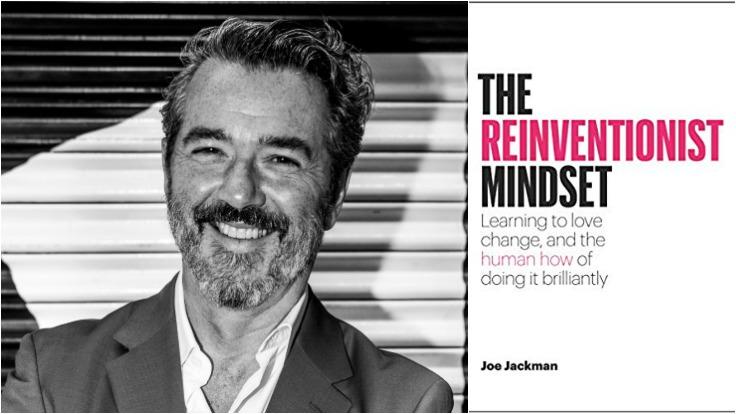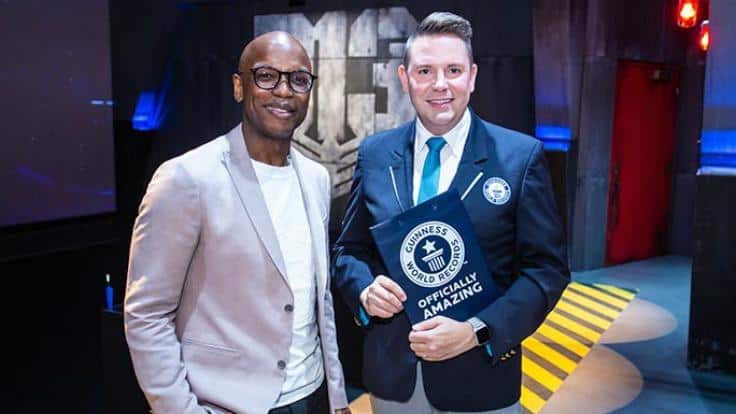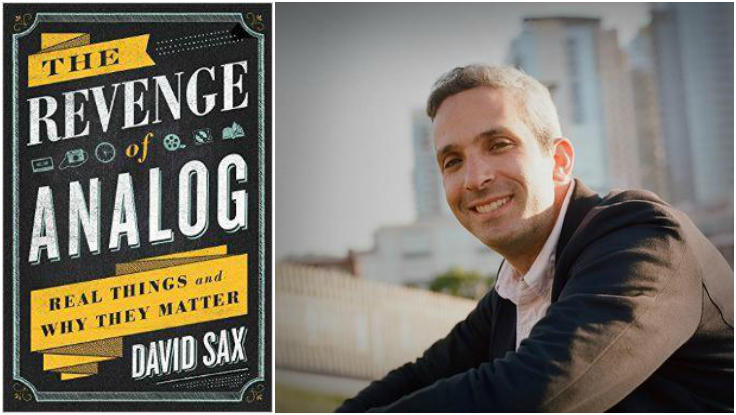Sarah Kaplan
Corporate social responsibility has morphed from a nice-to-have into an absolute must-have. In her talks, as well as her book The 360 Corporation, Rotman professor Sarah Kaplan considers not only how companies can incorporate ethical, sustainable, and diverse practices into their organization, but how they can communicate their mission to a wide array of stakeholders, each wanting different outcomes.
Stephanie Mehta
Fast Company’s editor-in-chief Stephanie Mehta is dismantling the old guard of business and reinventing the future. Her world-class marketing talks distill a lifetime of knowledge—gained from working alongside the world’s most innovative companies and people—into an action-packed, anecdote-filled roadmap for success.
Steve Martin
World-renowned behavioral science expert Steve Martin uses the power of persuasion to capture attention and influence behavior. His most recent book Messengers, co-authored with Joseph Marks, uses behavioral psychology to explain why we listen to and trust some people over others—oftentimes, at the cost of the truth. In his rousing marketing talks he considers the question: what are the implications for business when the messenger becomes the message?
Joseph Marks
Though we like to consider ourselves arbiters of logic and rational thought, the truth is that many of our decisions come from snap-judgements. That’s what makes Joseph Mark’s book Messengers (co-authored with Steve Martin) a particularly thrilling read. In it, the psychological scientist deep dives into how society’s messengers can influence, persuade, and change behavior, as well as shape collective beliefs.
Luke Burgis
Why do we want what we want? According to French philosopher René Girard, we discover what we want in relation to what others have. Now, his upcoming book Wanting, entrepreneur Luke Burgis builds upon Girard’s theory to uncover the powerful, hidden forces that shape our desires—and reveals how to harness them for good.
Markus Giesler
Named one of the best business professors under 40, Markus Giesler is doing groundbreaking work in the field of marketing. His Customer Experience Design course at the Schulich School of Business is the world’s first MBA course on consumer experience, and the only one to be endorsed by the American Marketing Association. A sought-after and highly original marketing speaker, Gielser takes a sociological approach to his work, showing us how to create a captivating customer journey from start to finish.
Seth Stephens-Davidowitz
In his astonishing book Everybody Lies, former Google data scientist Seth Stephens-Davidowitz offers us a peek into the motivations behind human behavior and decision-making. In talks, he draws upon a wealth of information to show us a more accurate picture of the world—ultimately helping to deliver what consumers really want.
Amber Mac
Innovation is overrated, says marketing expert Amber Mac. The real winners in today’s ever evolving marketplace are actually masters of adaptation. In her award-winning podcasts, as well as her highly prized talks, Mac helps companies and business leaders navigate the age of disruption with speed and ease.
David Sax
The digital revolution changed the world, but the desire for real things persists, perhaps even more forcefully than before. In his book The Revenge of the Analog, David Sax shows how a one-size-fits-all approach to digital transformation is a lopsided strategy. Instead, the consumer analyst reveals how retailers and businesses can fuse the digital with the analog to achieve greater creativity, connection, and success.
Doug Stephens
Internationally renowned retail futurist Doug Stephens has helped legendary brands redefine their strategy in a post-digital world. His strategic marketing talks draw from his decades of experience, as well as compelling research from his latest book Reengineering Retail, to show how smart brands can secure a place in the hearts and minds of tomorrow’s consumer.





